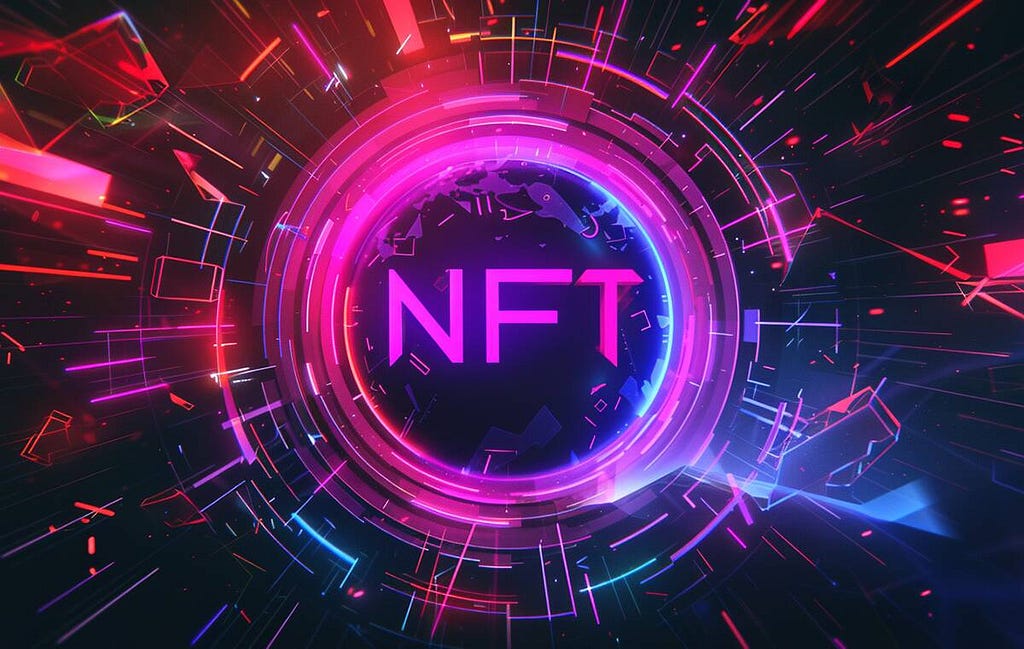
The gaming industry is undergoing a significant transformation, largely driven by the emergence of non-fungible tokens (NFTs) and blockchain technology. Ethereum, as a leading platform for NFT development, is at the forefront of this change, enabling new economic models and enhancing player experiences. This blog explores how NFTs are reshaping gaming, the opportunities they present for businesses, and what potential clients should consider when looking for Ethereum development companies.
Understanding NFTs and Their Role in Gaming
What Are NFTs?
Non-fungible tokens (NFTs) are unique digital assets that represent ownership of a specific item or piece of content on the blockchain. Unlike cryptocurrencies such as Bitcoin or Ethereum, which are fungible and can be exchanged on a one-to-one basis, NFTs have distinct properties that make them unique. Each NFT is stored on a blockchain, providing verifiable proof of ownership and authenticity.
How NFTs Work in Gaming
In gaming, NFTs can represent various in-game assets, including characters, skins, weapons, and virtual real estate. These assets are created using smart contracts on the Ethereum blockchain, which ensures their uniqueness and scarcity. Players can buy, sell, and trade these assets freely in decentralized marketplaces, creating a dynamic economy within the gaming ecosystem.
The Evolution of Virtual Economies
Traditional vs. Decentralized Virtual Economies
Traditional gaming economies are often centralized, with game developers controlling all aspects of asset ownership and monetization. Players typically do not have true ownership of their in-game items; they can only use them within the confines of the game. This limits their ability to trade or sell these assets outside the game environment.
With the introduction of NFTs, virtual economies are becoming decentralized. Players can now own their in-game assets outright, enabling them to trade or sell these items across different platforms. This shift allows for greater player autonomy and creates opportunities for new revenue streams.
Empowering Players Through Ownership
True Ownership of In-Game Assets
NFTs grant players genuine ownership of their virtual possessions. By representing these items as unique tokens on the blockchain, players can prove their ownership and retain value even outside the game’s ecosystem. This concept fundamentally changes how players interact with games.
Player-Driven Economies
NFTs empower players to engage actively in virtual economies. They can trade items, craft new ones, and acquire rare collectibles. The value of these assets can fluctuate based on demand and scarcity, creating a vibrant marketplace driven by player activity.
Creating Scarcity and Collectible Items
Limited Edition Items
One of the most appealing aspects of NFTs is their ability to create limited edition items within games. Developers can issue a finite number of unique NFTs representing exclusive in-game assets. This scarcity enhances the desirability and market value of these items.
Digital Collectibles
NFTs have popularized digital collectibles within gaming. Players can collect rare items — such as virtual trading cards or unique skins — that hold intrinsic value and can be traded among collectors. This aspect adds an exciting layer to gameplay, encouraging players to explore and engage more deeply with the game world.
Monetization Opportunities for Players
Earning Real-World Value
NFTs enable players to monetize their gaming experiences by allowing them to sell or trade their in-game assets for real-world value. This model creates an avenue for players to earn income from their gameplay activities.
Play-to-Earn Models
The play-to-earn model has gained traction in recent years, allowing players to earn valuable NFTs through gameplay achievements. These NFTs can then be sold or used to unlock additional content within games, further enriching the player’s experience.
Collaborative Development and Player Communities
Community-Driven Content Creation
NFTs facilitate community-driven content creation within games. Players can design, customize, and sell their own in-game assets, contributing to the game’s ecosystem while engaging with other creators.
Player Governance
NFTs also allow player communities to participate in governance processes within virtual worlds. By tying voting rights to NFT ownership, players gain a voice in shaping game development and direction.
Ensuring Security and Authenticity
Verifiable Ownership
The blockchain’s transparent nature ensures verifiable ownership of NFTs, eliminating concerns about counterfeit or duplicated assets. Players can trust that their purchases are authentic.
Anti-Fraud Measures
Smart contracts associated with NFTs often include built-in anti-fraud measures that protect both creators and buyers. Features such as automatic verification of ownership enhance transaction security.
Intellectual Property Considerations
Protecting Intellectual Property Rights
NFTs provide a framework for protecting intellectual property rights in gaming. Developers can tokenize their creations to ensure traceability and protection against unauthorized use.
Collaborations and Partnerships
The NFT space opens doors for collaborations between game developers and artists or brands. These partnerships can lead to innovative NFT offerings that enrich player experiences while generating new revenue streams.
Cross-Platform Compatibility
Breaking Platform Barriers
NFTs promote cross-platform compatibility by allowing players to use their assets across multiple games. This interoperability gives players greater control over their virtual possessions.
Bridging Virtual Worlds
The potential for NFTs to bridge different gaming universes creates interconnected ecosystems where assets can be utilized across various platforms. This integration fosters collaborative gameplay experiences.
Regulatory Considerations and Challenges
Legal Frameworks
As NFTs gain popularity in gaming, regulatory bodies are exploring frameworks to ensure consumer protection while addressing issues related to ownership rights and taxation.
Environmental Impact
Concerns regarding the environmental impact of blockchain technology have prompted discussions about sustainable practices within the NFT space. As the industry evolves, finding eco-friendly solutions will be crucial.
Future Trends and Innovations
Enhanced Interactivity
The future promises increased interactivity within gaming experiences through dynamic NFTs that evolve based on player actions or achievements. This innovation could lead to more engaging gameplay.
Virtual Reality Integration
Combining NFTs with virtual reality (VR) technology presents exciting possibilities for immersive experiences where players own virtual real estate or customize avatars in lifelike environments.
Conclusion
NFTs are unlocking new possibilities in gaming by reshaping how players interact with digital assets. From true ownership to collaborative development opportunities, these innovations create vibrant ecosystems where players can thrive economically while enjoying enriched gameplay experiences.
Businesses looking to explore these opportunities should consider partnering with an experienced Ethereum development company like Codezeros that specializes in NFT integration into gaming platforms. By embracing this technology now, companies can position themselves at the forefront of this evolving landscape — ready to capitalize on future trends while delivering exceptional value to their clients.
This blog serves as an informative guide for businesses interested in exploring Ethereum’s potential within gaming through NFTs. As this technology continues to evolve, staying informed about its developments will be essential for leveraging its full benefits.








